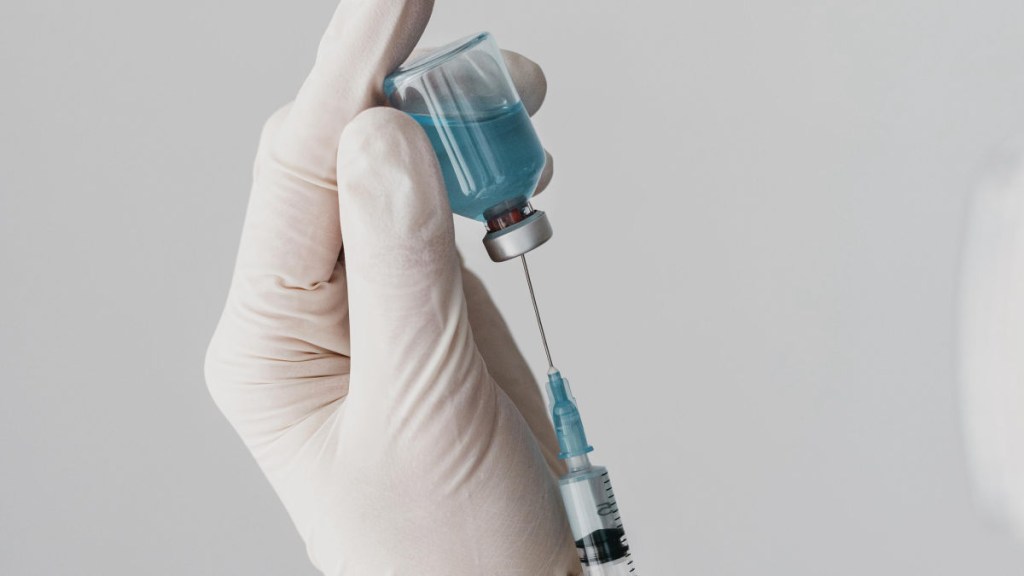The US FDA has approved a long-acting HIV prevention shot that needs to be taken only twice a year. The drug, called lenacapavir, will be sold under the brand name Yeztugo and is manufactured by Gilead Sciences. This new treatment offers an alternative to daily oral medication and more frequent injections currently used to prevent HIV infection.
“We are on the brink of offering the most powerful prevention option we’ve had in 44 years of fighting HIV,” said Mitchell Warren, head of the global HIV prevention group AVAC.
Twice-a-year shot shows powerful protection against HIV
In clinical trials, lenacapavir demonstrated nearly 100 per cent effectiveness in preventing HIV infection when given just twice a year. The injection is aimed at people who are at high risk of HIV and may not consistently take daily pills or visit clinics frequently.
Currently, the most widely used prevention method in the US is daily oral PrEP (pre-exposure prophylaxis), taken by approximately 500,000 people. Another long-acting injection, Apretude, is administered every two months and used by about 21,000 people.
“This twice-yearly shot could transform HIV prevention, especially for those who face challenges with daily medication,” said Dr. Linda-Gail Bekker, a researcher involved in the clinical trials.
High costs could limit access
The approval has raised concerns about pricing. Gilead announced the list price of Yeztugo will be 28,218 dollars per year. Most users are expected to rely on Medicaid, insurance, or other programs to cover the cost.
In contrast:
- Generic PrEP pills can cost as low as 1 dollar per day
- Apretude costs about 24,000 dollars per year
“We fear the same problems with affordability and insurance access will repeat,” said Jeremiah Johnson, Executive Director of PrEP4All. “The pricing model could limit who actually gets the shot.”
Cuts to Medicaid and federal HIV programs may also affect availability for high-risk individuals in the US.
Global rollout will take time
Globally, around 1.3 million people were newly infected with HIV in 2023, according to UNAIDS. However, rolling out the new drug in low- and middle-income countries could take several years.
Gilead has committed to no-profit pricing for up to 2 million people in poorer nations until local manufacturing is ready. The company has licensed six global manufacturers to produce and distribute lenacapavir in 120 countries with high HIV rates.
In a statement, Gilead said it is working with global health agencies and governments on tiered pricing, public-private partnerships, and insurance programs to ensure wider access.
“Without equitable access, millions will be stuck with HIV prevention options that don’t meet their needs,” said Asia Russell, Executive Director of Health GAP.
HIV prevention at risk due to funding cuts
Without funding, this medical milestone might not reach those who need it most. The PEPFAR program, which supports HIV treatment and prevention in more than 50 countries, saw major funding cuts this year. While some treatment funds were restored, prevention efforts remain underfunded.
“HIV prevention efforts feel extremely vulnerable right now,” said Dr. Bekker. “We’ve made progress, but if we don’t prevent new infections, the epidemic will continue.”
In the US, over 39,000 people were newly diagnosed with HIV in 2023. According to Gilead CEO Daniel O’Day, each infection costs around 1.1 million dollars in lifetime treatment.
The approval of lenacapavir marks a significant advance in HIV prevention science. Experts say a twice-yearly injection could make it easier for more people to stay protected, especially those in underserved or high-risk communities.
However, questions remain around pricing, access, and global distribution, especially in countries hit hardest by HIV.
HIV experts say a life-saving drug only works if people can access it.







